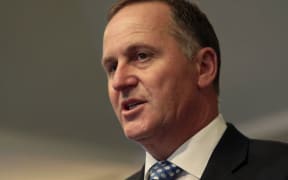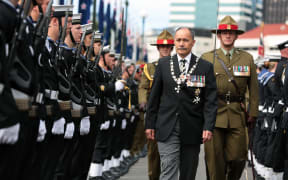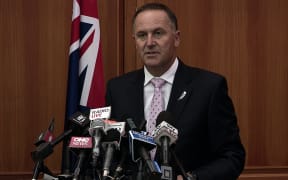Labour says New Zealanders shouldn't expect to have their individual rights eroded just because the Government says that's what's needed to keep the country safe.
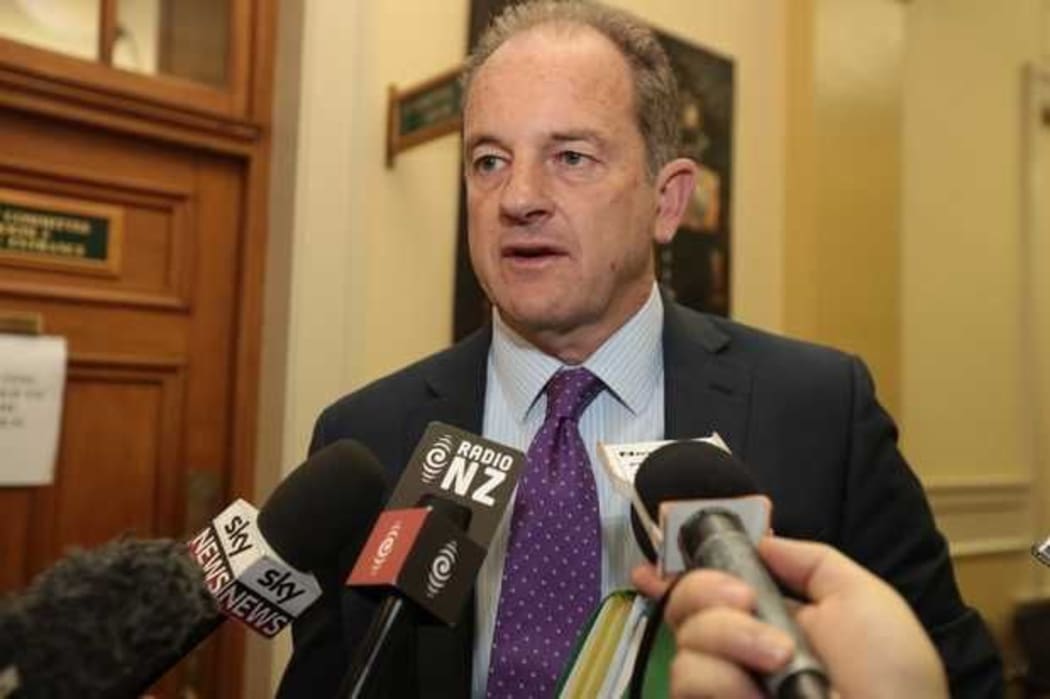
Labour foreign affairs spokesperson David Shearer supports a review of New Zealand's new temporary security measures. Photo: RNZ / Diego Opatowski
Parliament will begin a wider review of the security and intelligence agencies in 2015 following rushed law changes to clamp down on freedom fighters.
Recent publicity and fears surrounding beheadings and threats by the jihadist group Islamic State have resulted in new restrictions on individual freedoms.
The Government pushed through new anti-terrorism legislation under urgency, giving greater surveillance powers to the Security Intelligence Service (SIS).
It also allows the Government to cancel passports for longer, from one year to three years, for those who pose a risk to security.
Labour welcomes security review
Before the middle of the year, the Government will begin a full review of security settings, and will consider broader changes to intelligence gathering and counter-terrorism.
Labour's foreign affairs spokesperson David Shearer said it was a balancing act.
"We have to make sure that where we need to counter those threats, that the way that we do it is very much restricted to those individuals and it doesn't encroach on other people's privacy and that people don't fear that."
But Mr Shearer said a review of the temporary laws that have just been passed was appropriate before new ones were introduced.
He said there was an expectation that it was a one-way street.
"That you just keep on chipping away and chipping away at people's human rights. The tyranny of small choices - we make a little choice here, we make a little choice there - and we don't go back and review whether the security agencies need this power and I think that's a really important thing to do."
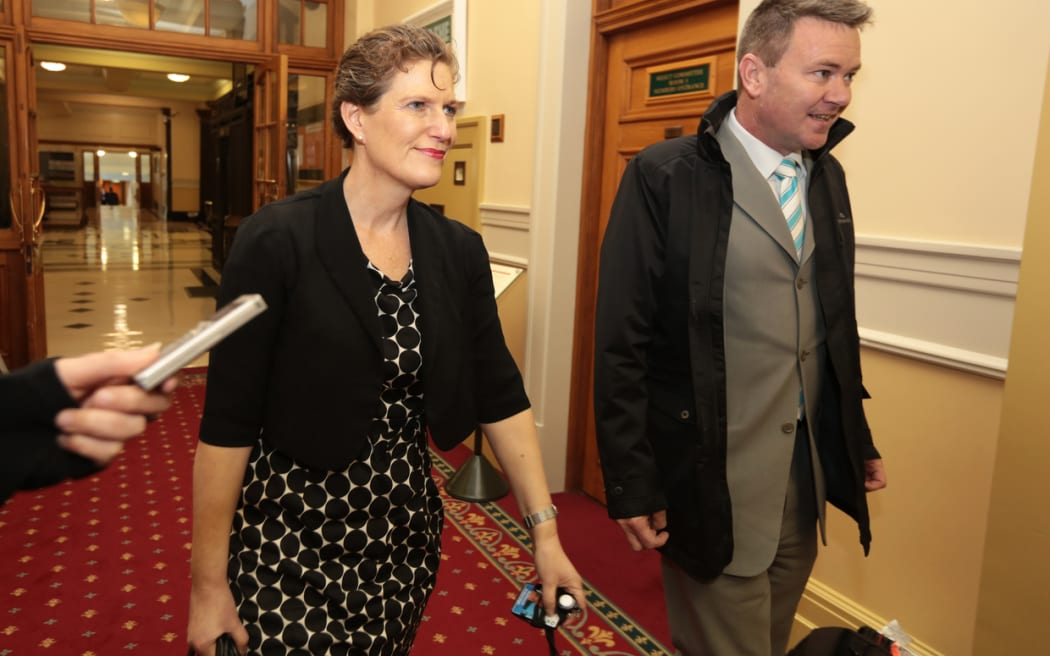
NZ SIS director Rebecca Kitteridge arrives at a select committee meeting considering anti-terrorism legislation. Photo: RNZ / Diego Opatowski
New powers won't be used frequently - Govt
National MP Mark Mitchell, who is the chair of Parliament's foreign affairs, defence and trade committee, agreed there needed to be a balance between protecting privacy and security.
People should be able to move around the country with as little risk as possible of being involved in some type of terror act, he said.
"I want personally to guard our human rights. We've got an extremely transparent system and we're continuing to make it more transparent.
"But one of the basic human rights that I think that we should all fight for and be entitled to is to guard and protect ourselves from acts of terrorism.
"Sometimes governments have to make decisions and do things that continue to put those protections in place."
However, Green Party global affairs and defence spokesperson Kennedy Graham said intrusive security measures were not warranted or justified.
"And that's not to deny the world's a tough place and that there's a ride in ISIS [Islamic State] and that that is an increasing threat. But the terrorism threat level's gone from very low to low. What does that mean? It's gone to possible but not expected."
The Government was expecting the new visual surveillance powers would only be used half a dozen times a year, if that.
The new security settings are expected to be in place by the time the current laws expire in 2017.
